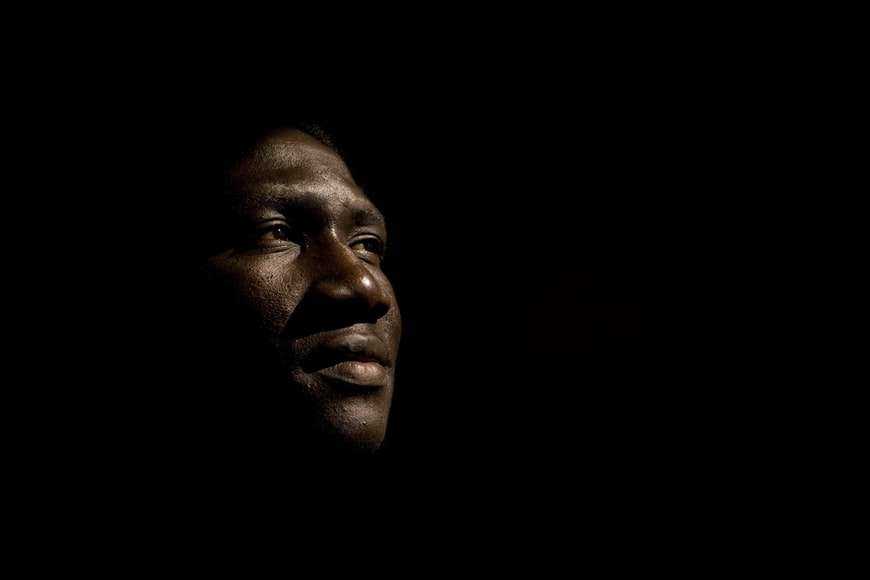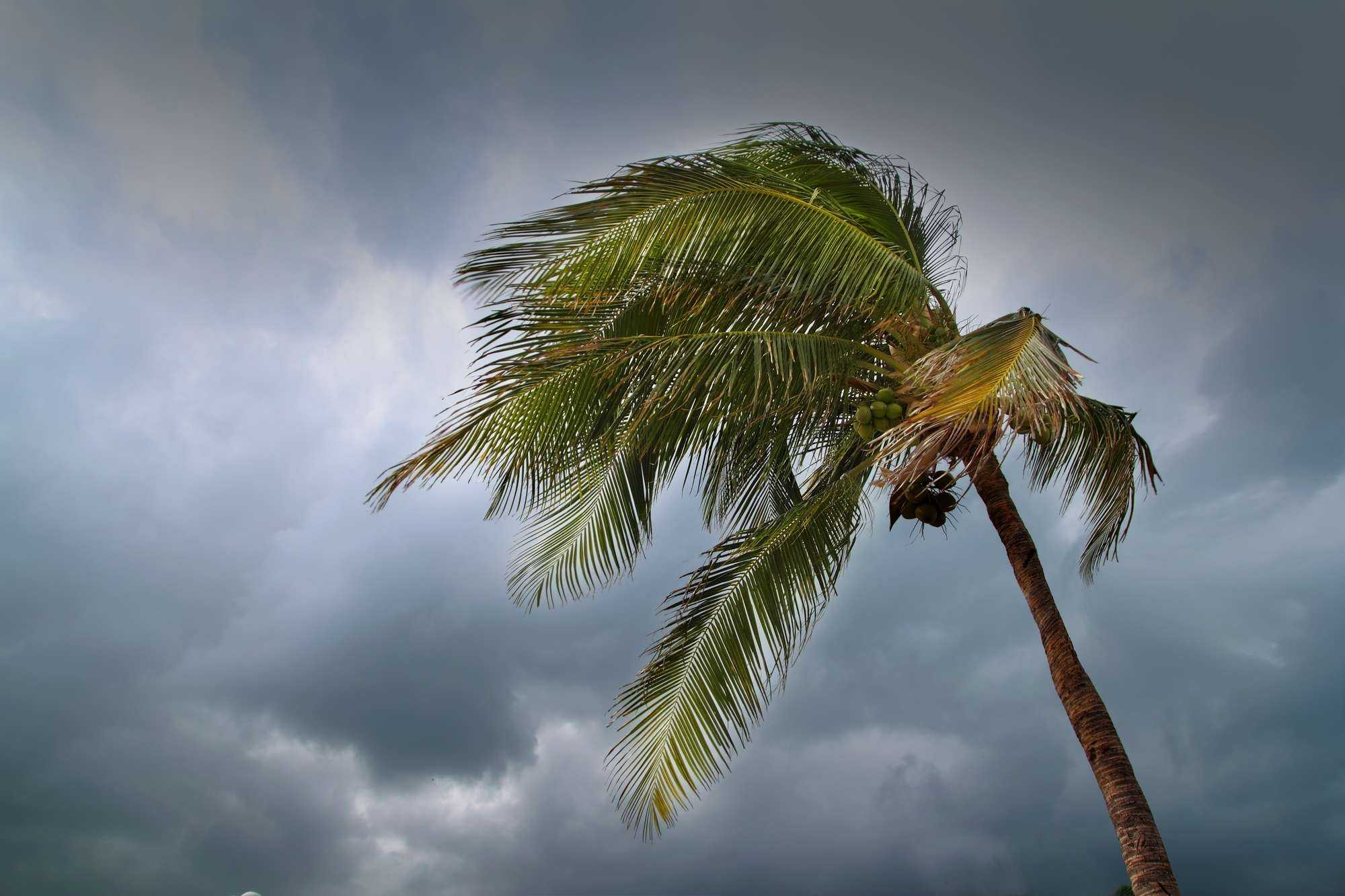BY LA SHAWNA GRIFFITH
July 2nd is a day that is forever ingrained in my memory.
Why?
It was the day that Barbados was hit by a Tropical Storm that intensified to a Hurricane. It was the first hurricane to hit Barbados in sixty-five years.
It’s hurricane force winds struck my beautiful homeland leaving our island in darkness.
I remember it well; it was mid-morning, and I heard the wind howling in the trees, it woke me up. I remember listening to the wind and saying “Elsa is here!”
Initially, my mom asked me if we had any water coming through the windows but through the grace of God, we were fine, no damage. Our home was intact, and we were fine despite being without electricity for seven days after the storm hit my beautiful island. It left our picturesque paradise with fallen trees, palings, damaged roofs and lives that would never be the same.
In an article published by Barbados TODAY on July 3rd, 2021, it noted that there were 1,178 initial reports of damage:
- 2- flooding
- 7- Water Damage
- 13- Roads Impassable
- 15- electric outage
- 15- roof leaks
- 60- fallen poles
- 62- houses collapsed
- 85- fallen trees
- 89- house damage
- 743- roof damage
- 87- with other concerns
Since then, there have been further reported cases of structural problems to Barbadian’s homes. In a press conference held by the Government of Barbados a few days after the passage of Hurricane Elsa, there were 2,372 issues reported to the Department of Emergency Management, with 1,333 persons reporting roof damage and 326 individuals reporting other damage.
As of July 13th, 1,300 Barbadians were reported on the Barbados Light and Power Company to not have electricity in their homes.
Barbados was not the only country impacted by the fury of Tropical Storm Elsa, which has been confirmed as a Category One Hurricane.
In Jamaica, Prime Minister Andrew Holness in an article published with Nation News outlined that the impact of Tropical Elsa has been far reaching, and has cost the island $803 million Jamaican.
“The estimates for flood damage are very preliminary, as the storm ended on Sunday and the agency is continuing damage assessment to determine the cost for permanent repairs. The assessment, to date, is divided into two categories – cost to clean and clear roadways and drains of silt and debris and cost to make the roads accessible,” Holness told Parliament.
“Regarding the cost to clean and clear roadways and drains of silt and debris, the preliminary cost has been put at $443 million. Another $360 million will be required to make affected corridors accessible. We are, therefore, looking at a total cost of approximately $803 million,” he added.
Holness said these costs are based on equipment time using standard rates and materials for filling washed-out areas. He noted that these costs cover: road clearance, drain cleaning, creating access and patching, adding that no costs for rehabilitation and other permanent repairs are included.
“I must point out that the cost to clean and clear the roads and drains of silt and debris focuses on removing the physical obstacles on the roads and providing clear access for communities. Much of this has been done,” he said in an interview with Caribbean Media Corporation.
Moreover, the island of St. Lucia has sustained damage as well in a report by Caribbean Media Corporation. The Prime Minister Allen Chastanet estimated that the island suffered losses estimated at $34 million when the hurricane passed on Friday.
“The greatest amount of damage was in agriculture,” said Prime Minister Chastanet, flanked by Infrastructure Minister, Stephenson King and Agriculture Minister, Ezechiel Joseph.
Prime Minister Chastanet told the nation that Hurricane Elsa had also damaged several houses including the state-owned project in the heart of the capital, Castries.
Unfortunately, in St. Lucia individuals have died since the hurricane struck their country less than two weeks ago.
According to an article in the Associated Press, it is reported that one person has been reported dead in St. Lucia following Hurricane Elsa. In addition, a fifteen-year-old boy and a seventy-five-year-old woman died Sunday in separate events in the Dominican Republic after walls collapsed on them.
What is so heart-breaking about the reporting deaths in St. Lucia and Dominican Republic is that there was nothing the families could have done to save their loved ones.
Preaching about disaster management and prevention currently is insensitive. To these persons who lost their families, they will forever be reminded that less than two weeks ago a Tropical Storm that strengthened to a Hurricane took their loved ones from them and wreaked havoc in their homelands.
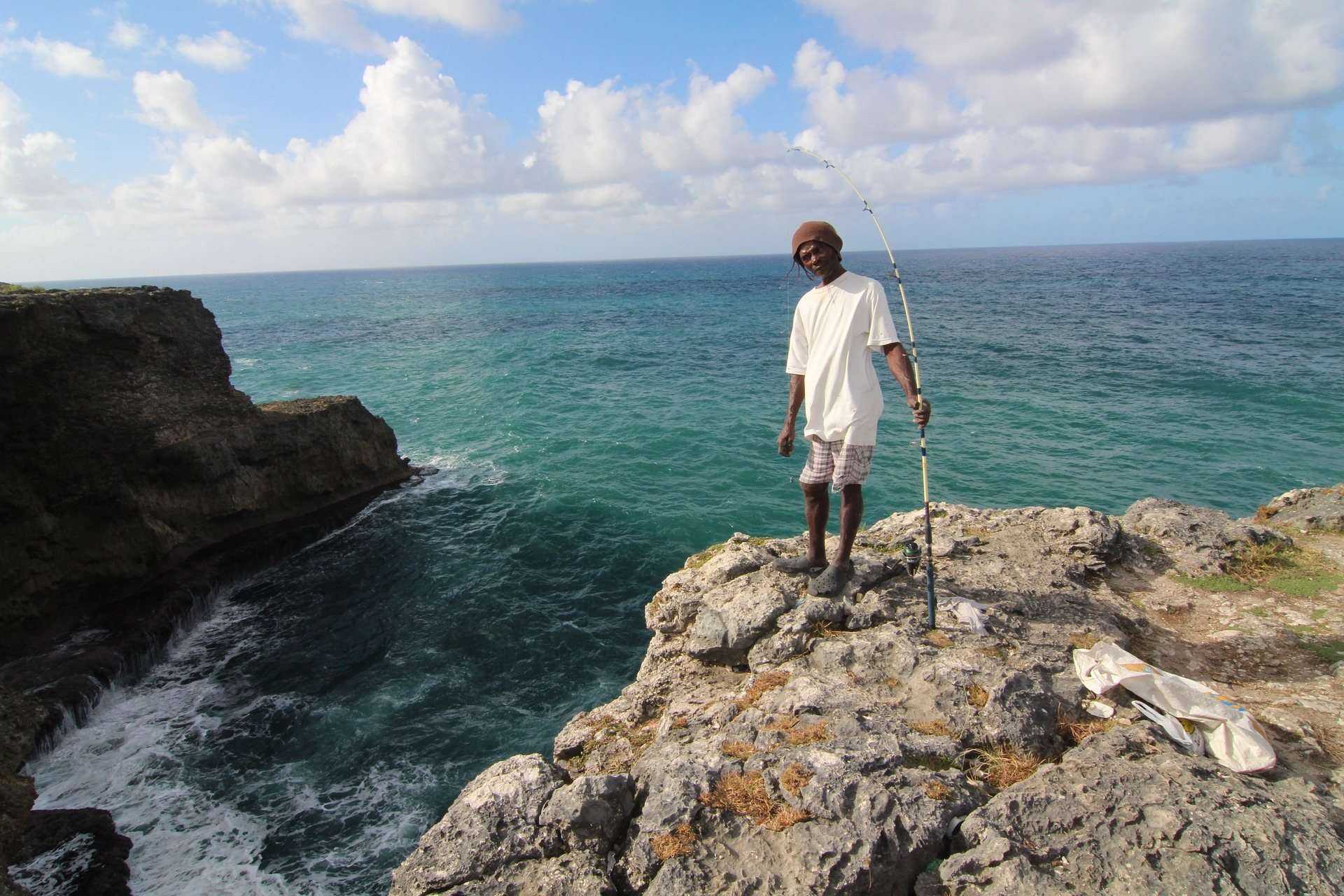

 Community News2 weeks ago
Community News2 weeks ago
 Community News2 weeks ago
Community News2 weeks ago
 Community News2 weeks ago
Community News2 weeks ago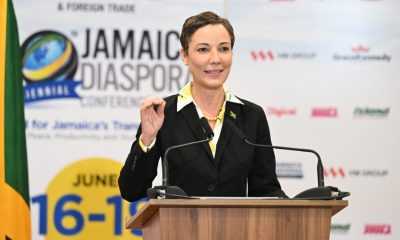
 Community News2 weeks ago
Community News2 weeks ago
 Community News2 weeks ago
Community News2 weeks ago
 Community News2 weeks ago
Community News2 weeks ago
 Junior Contributors6 days ago
Junior Contributors6 days ago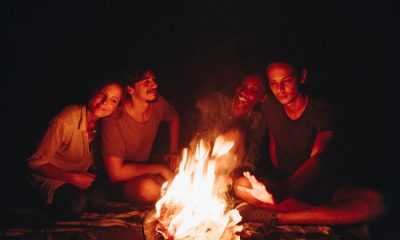
 The Poetic Word6 days ago
The Poetic Word6 days ago



